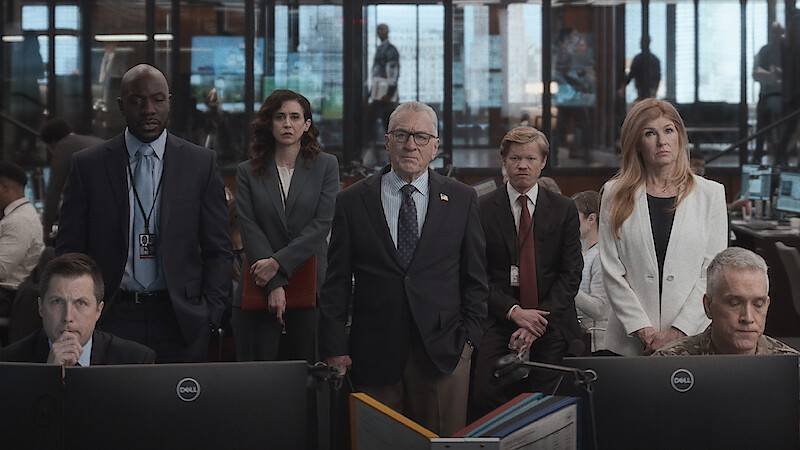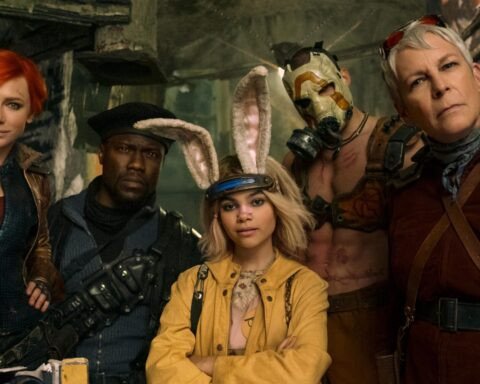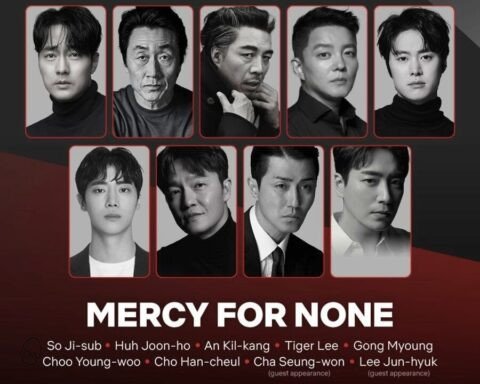Robert De Niro’s performance in Zero Day feels exactly like his character—an ex-president enjoying a comfortable retirement, reluctantly dragged back into the political arena. The difference, of course, is that while De Niro is an exceptional actor with numerous awards to his name—including two Oscars—his character is a psychologically troubled, dull figure.
To put things into perspective: Oscars aren’t handed out like candy. Among male actors, the record holders are Jack Nicholson and Daniel Day-Lewis, each with three wins, while the absolute record belongs to Katharine Hepburn, who won four.
Now, let’s get back to the Netflix miniseries, which is labeled a political thriller. Former President George Mullen (Robert De Niro) has had a questionable career, yet he receives a massive assignment from the current President of the United States, Evelyn Mitchell (Angela Bassett). Side note: she’s not only a woman but also Black—well, what a twist!

Mission!
Mullen has been handed the high-stakes mission of uncovering which terrorist organization is behind the nationwide blackout that has resulted in thousands of deaths.
The series kicks off with an overused reality cliché, addressing Americans protesting in the streets in the wake of a nationwide catastrophe. The message? The people must stand together against an unknown enemy instead of letting their anger get in the way of rescue efforts. It’s painfully cheesy and pure American shnit.
Foolish or a Political Thriller?
Both. The series ticks all the boxes of a political thriller—conspiracy, high-stakes moral dilemmas, and power struggles.
The story presents the manipulation of an invisible enemy at the highest levels of political power within the framework of a painfully shallow series. They attempt to build tension with endlessly dull elements, but it just drags. As expected, the American political elite instinctively searches for a scapegoat—usually in the form of another country.
Meanwhile, in the background, there’s the obligatory disgruntled family member who, of course, knows better than anyone—especially their own father. Give me a break!
However, despite the weak dialogue and worn-out tropes, the creators still manage to highlight an important and timely issue: the influence of an ultra-wealthy class detached from society.
The show highlights the power of money while simultaneously pointing a finger at the dangers brewing within the country—how propaganda spreads and the lurking threats in the IT world.
What Can You Take Away If You Pay Attention?
A crucial reminder about freedom: on an individual level, people can do anything, but liberty is what protects society from those who wield a new kind of power. Sooner or later, even the wealthiest class will be held accountable in a country with a stable legal system and an independent judiciary.
Surprise
The saving grace of the series is its final scene and the theme of accountability—something I didn’t expect them to actually address.
This makes the monotonous, stiff-as-a-bad-back performances easier to digest because, well, this is what Robert De Niro delivers.
The Hungarian version of the article is HERE.














